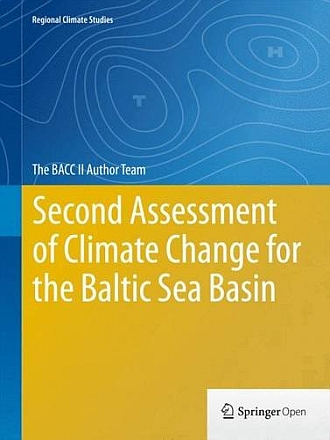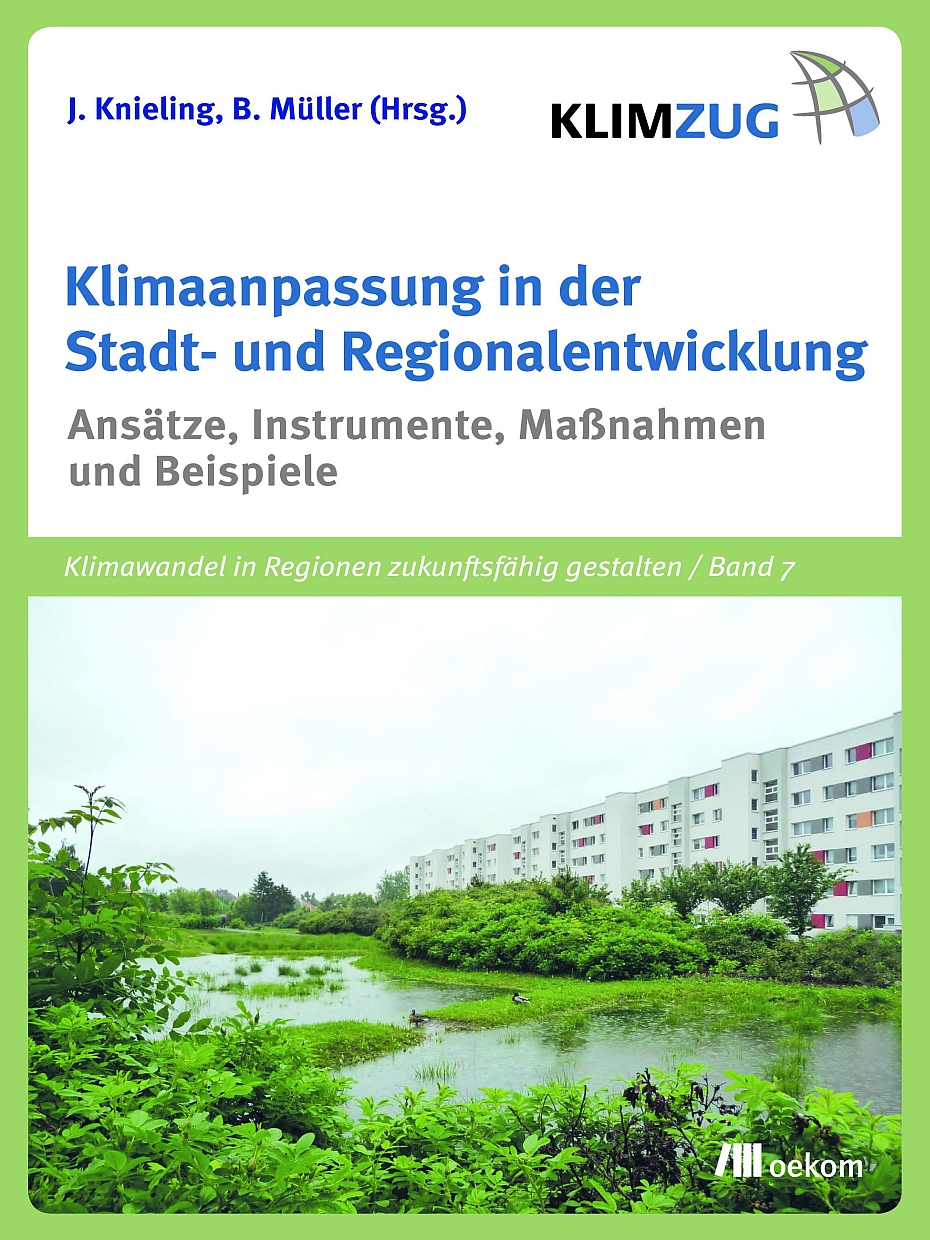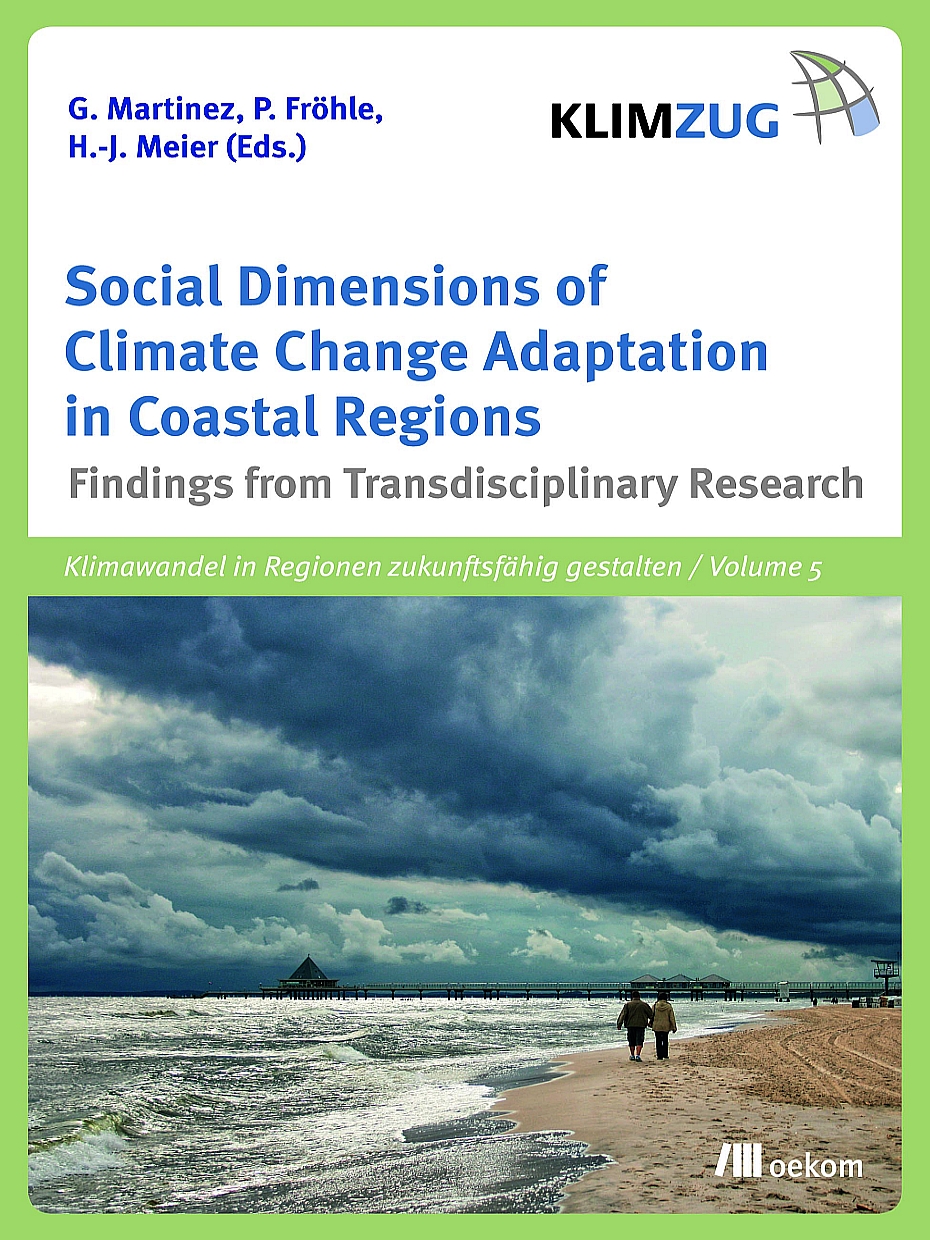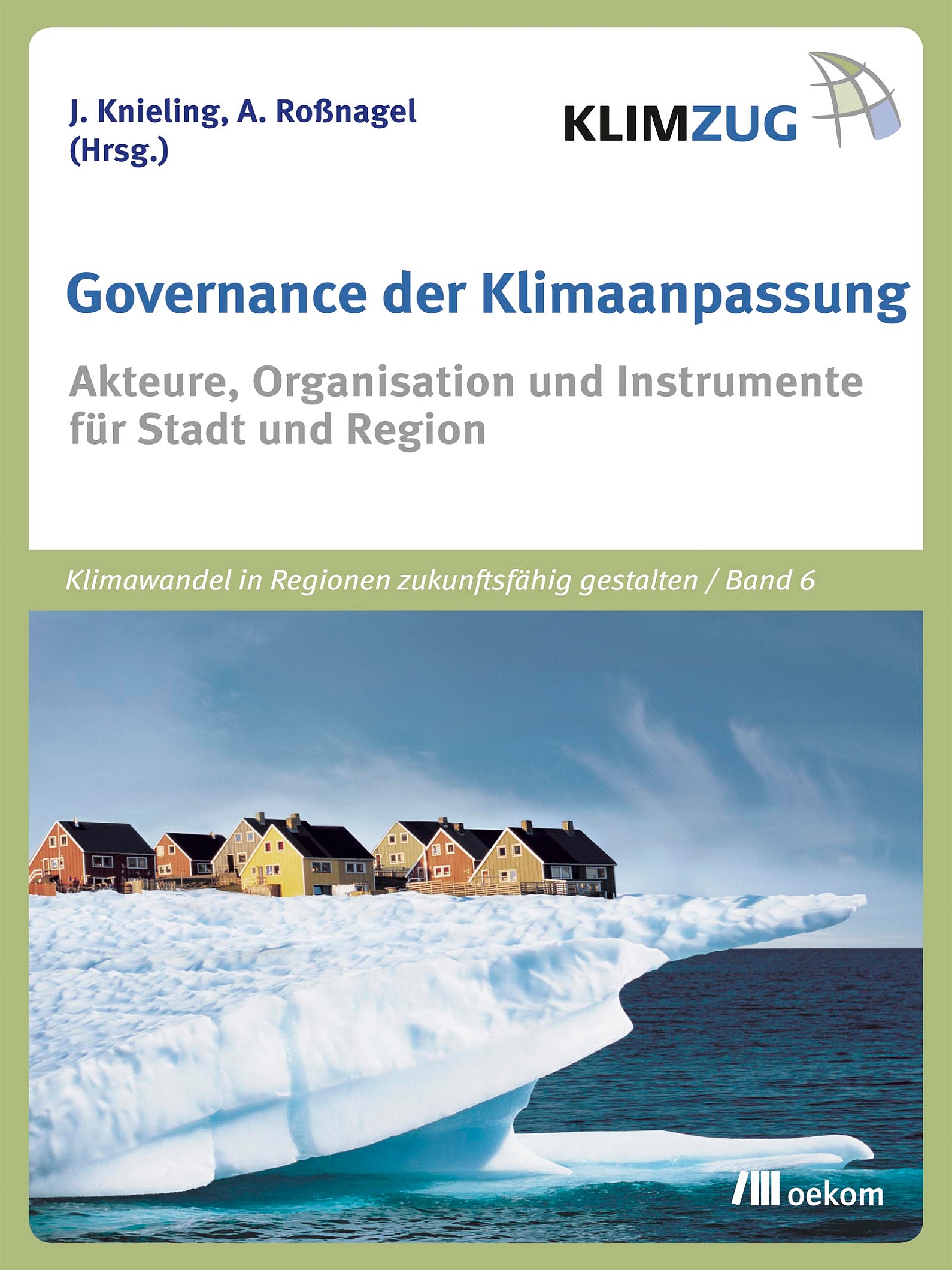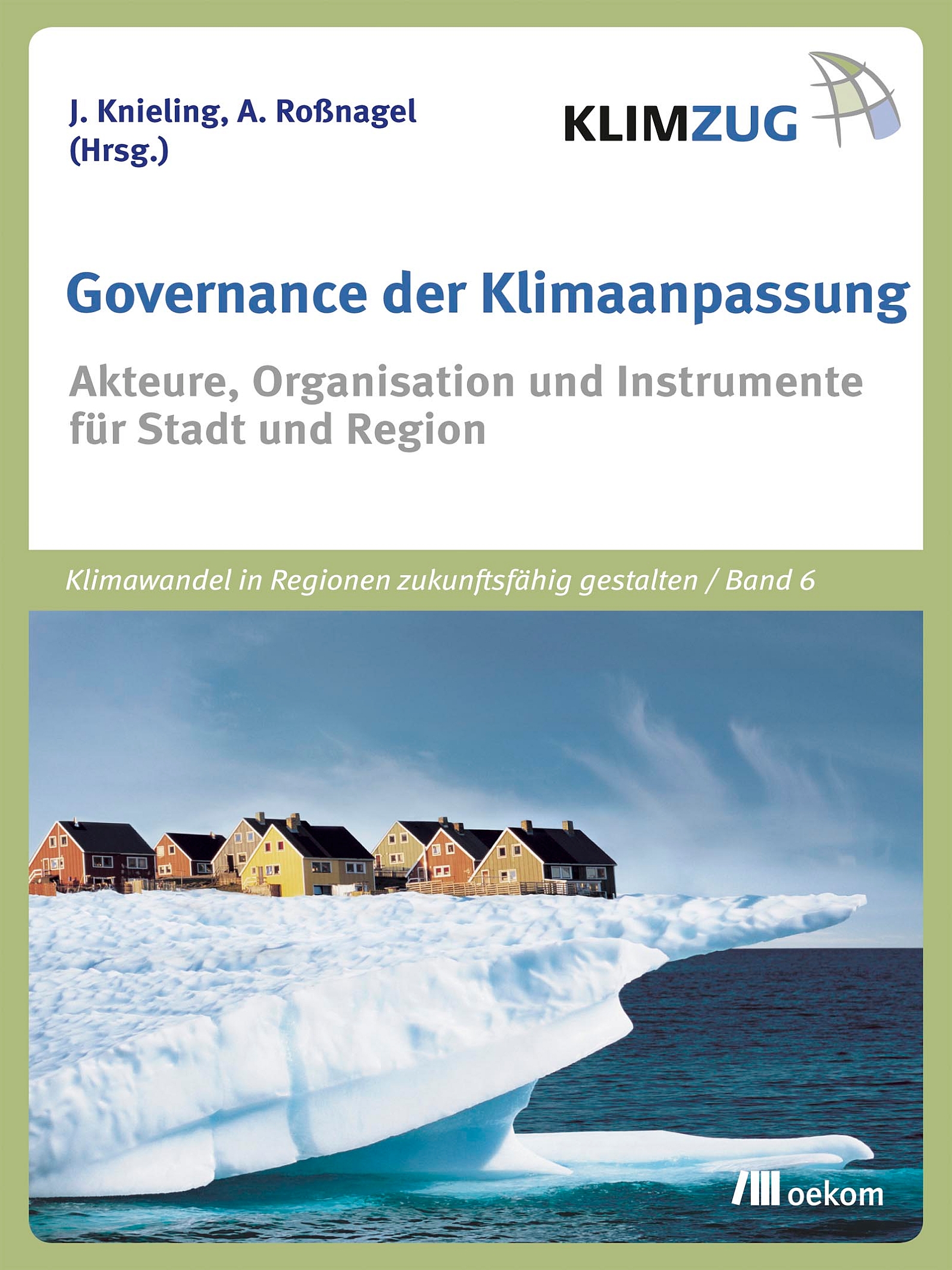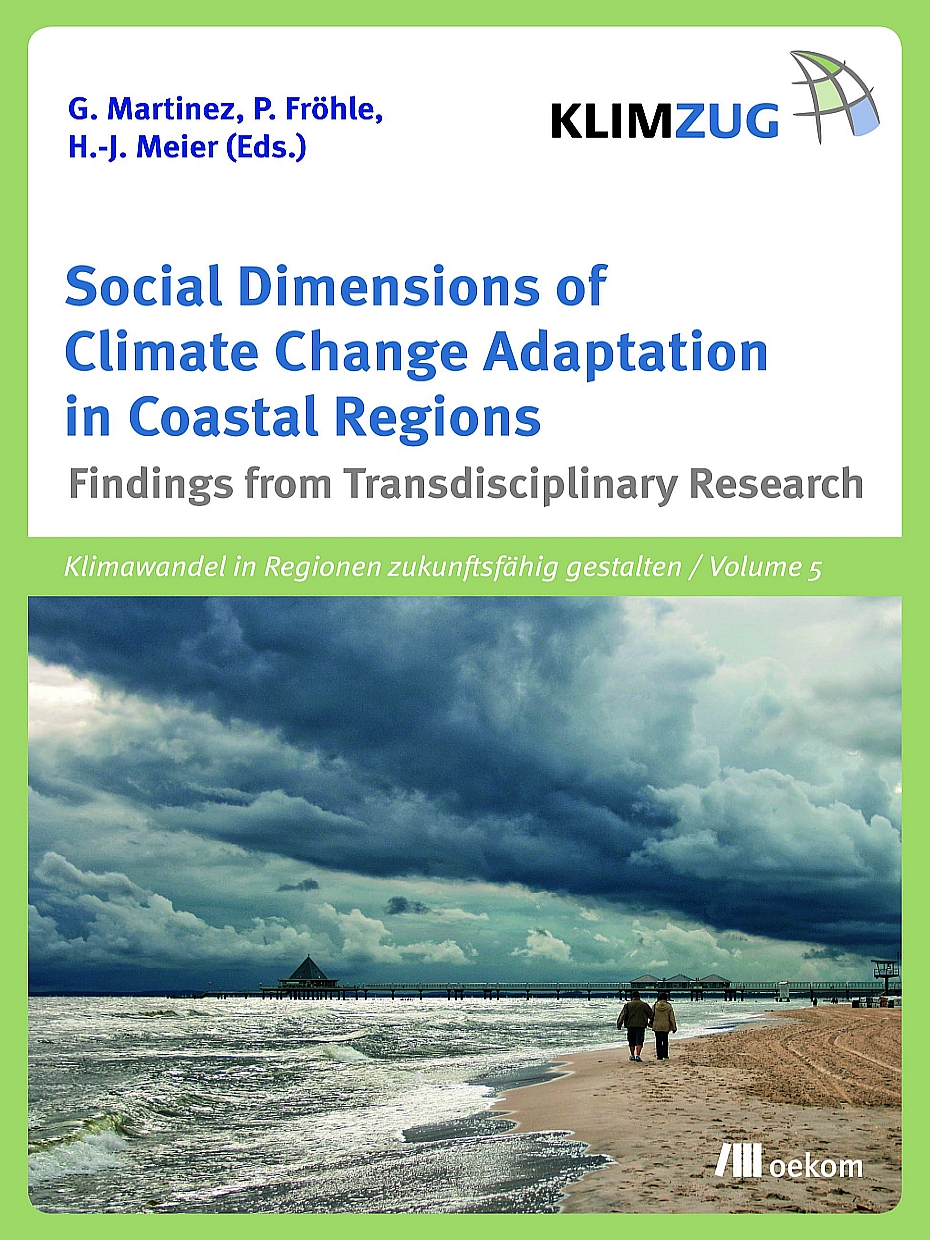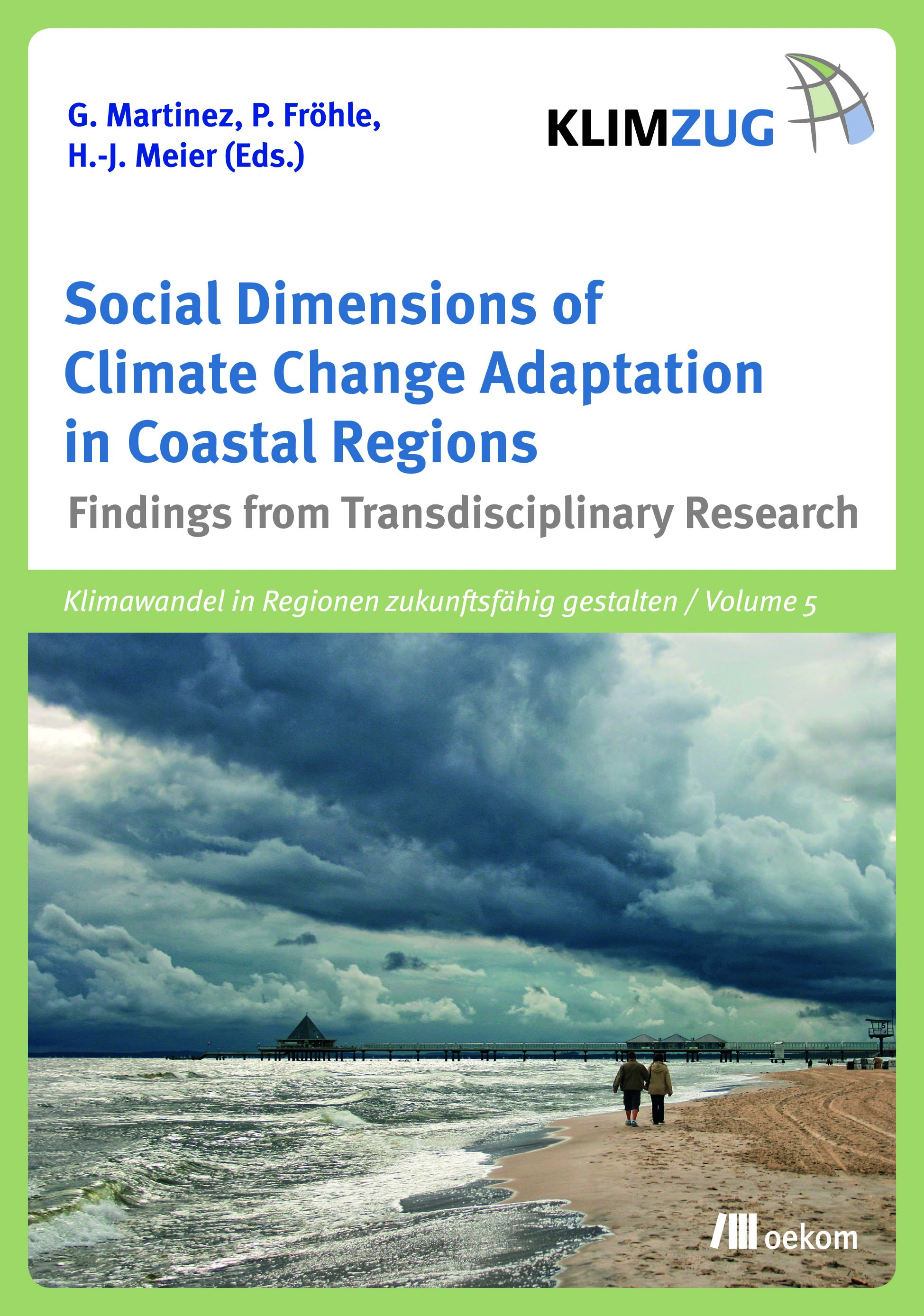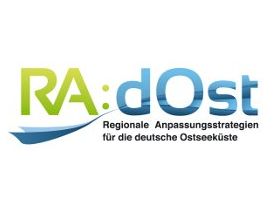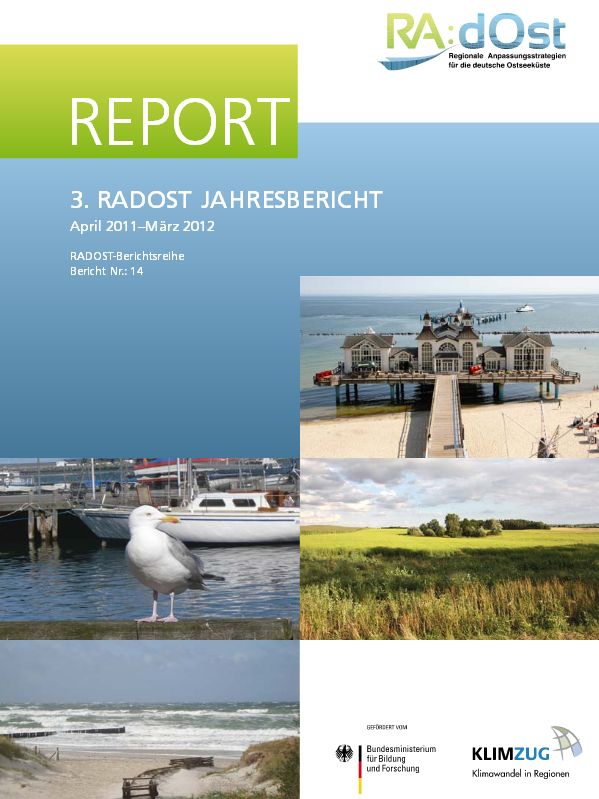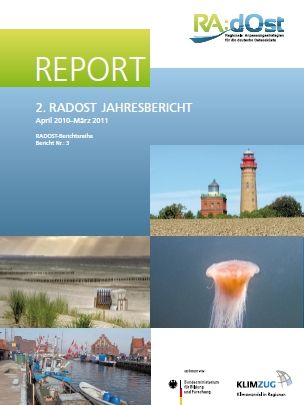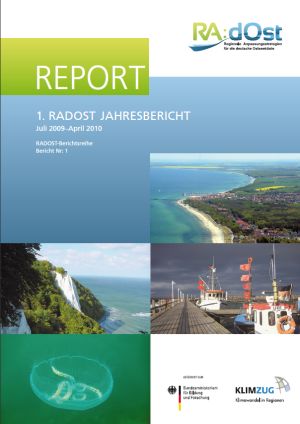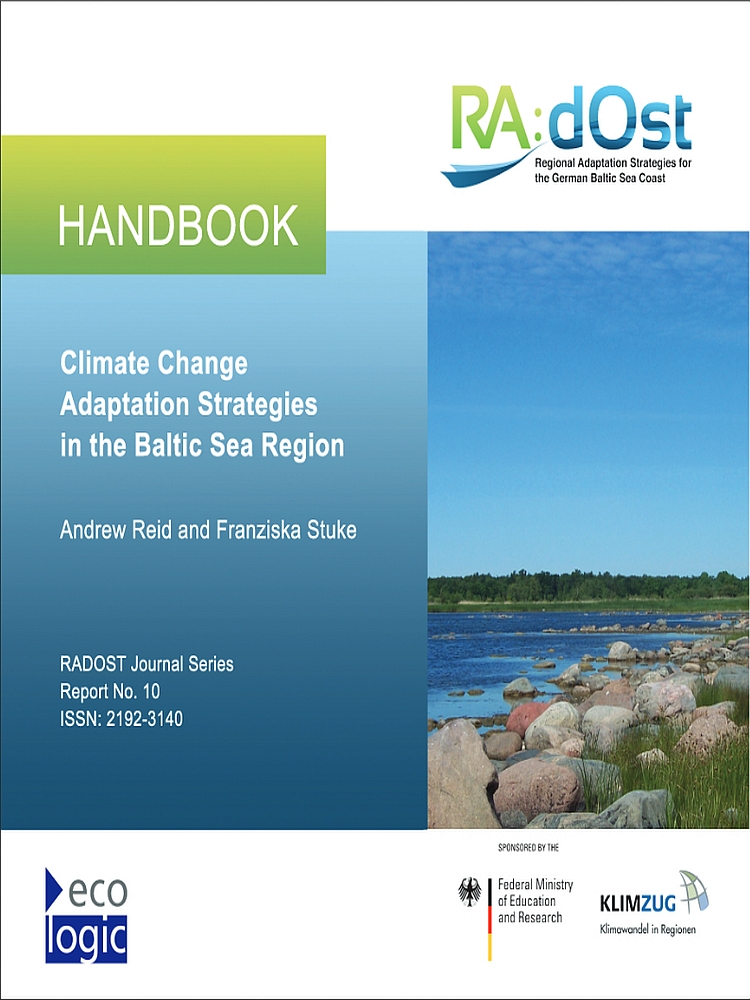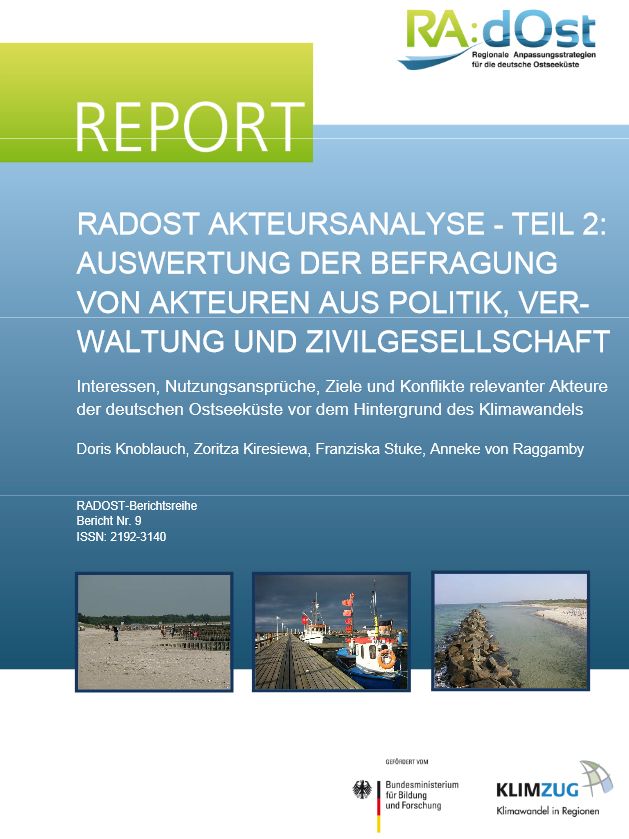Integration des Klimawandels in die ökonomischen Analysen nach europäischer Wasserrahmenrichtlinie
Literaturrecherche und Analyse der Bewirtschaftungspläne von 18 deutschen und europäischen Flussgebietseinheiten
- Publication
- Citation
Martin Hirschnitz-Garbers, Jennifer Möller-Gulland, Ulf Stein, Jenny Tröltzsch, Johanna von Toggenburg (2013): Integration des Klimawandels in die ökonomischen Analysen nach europäischer Wasserrahmenrichtlinie. Literaturrecherche und Analyse der Bewirtschaftungspläne von 18 deutschen und europäischen Flussgebietseinheiten. RADOST-journal series: 17, 128 p.
Climate change will most likely impact the effectiveness and cost of measures to improve water quality. This must be taken into account in the future when selecting measures in accordance with the EU Water Framework Directive (WFD). Until now, the consequences of climate change have not been systematically incorporated into the economic analyses called for by the WFD. A new study in the RADOST focus topic "Water Management and Agriculture" evaluates analytical approaches used to date, thereby contributing to the necessary discussion on how existing and future programs could consider and integrate the consequences of climate change. The report is available online.
According to the WFD, river basin management plans (RBMP) must be routinely established for all European river basins. The new RADOST study analyses the RBMPs from 18 selected river basins in Germany and other European countries, including the five river basins in the German Federal States Mecklenburg-Western Pomerania and Schleswig-Holstein. According to the analysis, the effects of climate change on waterbody management are expected in all of the investigated river basins; however, so-called climate checks were only incorporated in the economic analyses of approximately half of the river basins. The climate checks serve to identify the management measures that are the most robust, cost-efficient, and therefore effective under different climate change scenarios.
The introduction of economic analyses in RBMPs opens up ways to adequately consider the consequences of climate change in management plans, although they were hardly used in the first round of RBMPs, which lasts until 2015. A reason for this that has been noted in several case studies is that sufficiently-precise and regionalized data from climate change models are lacking, which creates significant challenges for economic evaluations.
The following main conclusions can be drawn from the results of the new RADOST study:
- In the face of climate change, the temporal aspects of RBMPs must be considered more strongly. Decisions on the selection of management measures with long-term effects must consider both their future effectiveness and their possible future costs. This also applies to the determination of exceptions, since measures that are disproportionately expensive today could become quite economical if their cost-benefit relationships improve in the future.
- The benefit calculations made in cost-benefit analyses until now should be re-examined, and if necessary, they should integrate new adaptation-oriented benefits, like protection from droughts.
- The integration of possible climate change impacts poses an extra challenge for the already complex management planning processes. To make this complexity more manageable, techniques from participatory scenario development can be used. These participatory techniques offer the chance for different stakeholders to integrate their estimations and expertise, creating a basis for robust and cost-efficient management plans.




